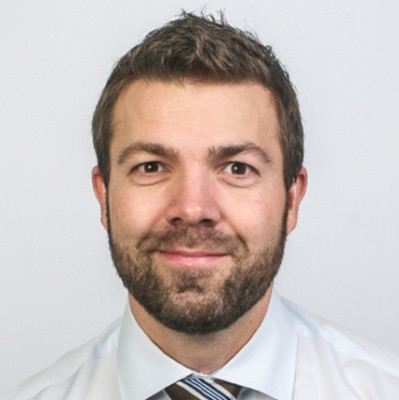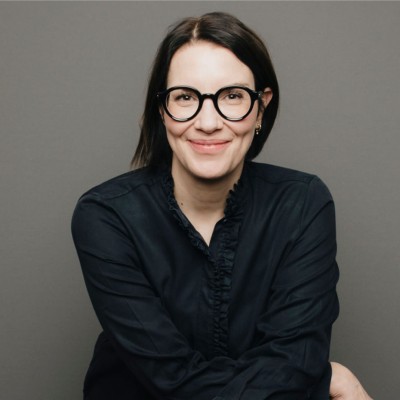How to lead without formal authority
Clubhouse Meeting

More and more employees are being appointed as managers, but without the formal managerial stars on their shoulders. What kind of role do they take on and how do they create value for the workplace? What are the personal, but also to a large extent organizational, challenges that informal leaders face?
Look forward to presentations and discussions on:




With Anja Neiiendam, CEO at CfL, and Richard Asklund, Executive Relation Manager at CfL and today’s host
With Stine Bjerre Herdel, Leadership Policy Advisor at Djøf
Informal leaders are becoming an increasingly vital part of today’s workforce—but who are they really? What responsibilities do they take on, what challenges do they encounter, and how much influence do they truly have?
The Danish trade union Djøf has conducted an in-depth study to explore these questions. In this session, Leadership Policy Advisor Stine Bjerre Herdel will present key findings and practical insights from the research. You’ll learn:
What does the mandate for informal leaders look like in your organization?
Time for coffee ☕
With Jacob Rye, Group Chief People Officer, Lehman
The role of the informal leader places significant demands on your ability to build strong relationships and inspire followership. That is why informal leadership is leadership in its purest form, according to Jacob Rye, Group CPO at Lehman.
With a long career as both a specialist and senior executive in the FLSmidth Group, Jacob Rye knows better than most what the role requires—from the perspective of both a top executive and the operational front line.
In this session, you’ll gain practical strategies for reducing friction and increasing impact in a matrix organization. You will also be introduced to applying tools such as the briefing/back briefing method, inspired by historian and leadership expert Stephen Bungay.
With Gesine Mannel, Head of Leadership, Learning & Onboarding, Ørsted
What makes someone influential without formal authority? It’s not just about being well-connected — it’s about how we work with others, how we show up, and how we help shape the environment around us.
In this session, we’ll look at the foundations that make informal leadership possible: clear roles, team trust, shared goals, and a mindset that embraces growth. From there, we’ll explore what it really means to build strong relationships — through listening, curiosity, and presence.
Because in the end, informal leadership is less about status, and more about how you make others feel, think, and move forward.
With Richard Asklund, Executive Relation Manager at CfL
Before closing, today’s host will present a model for the informal leader:
See you at CfL's restaurant.